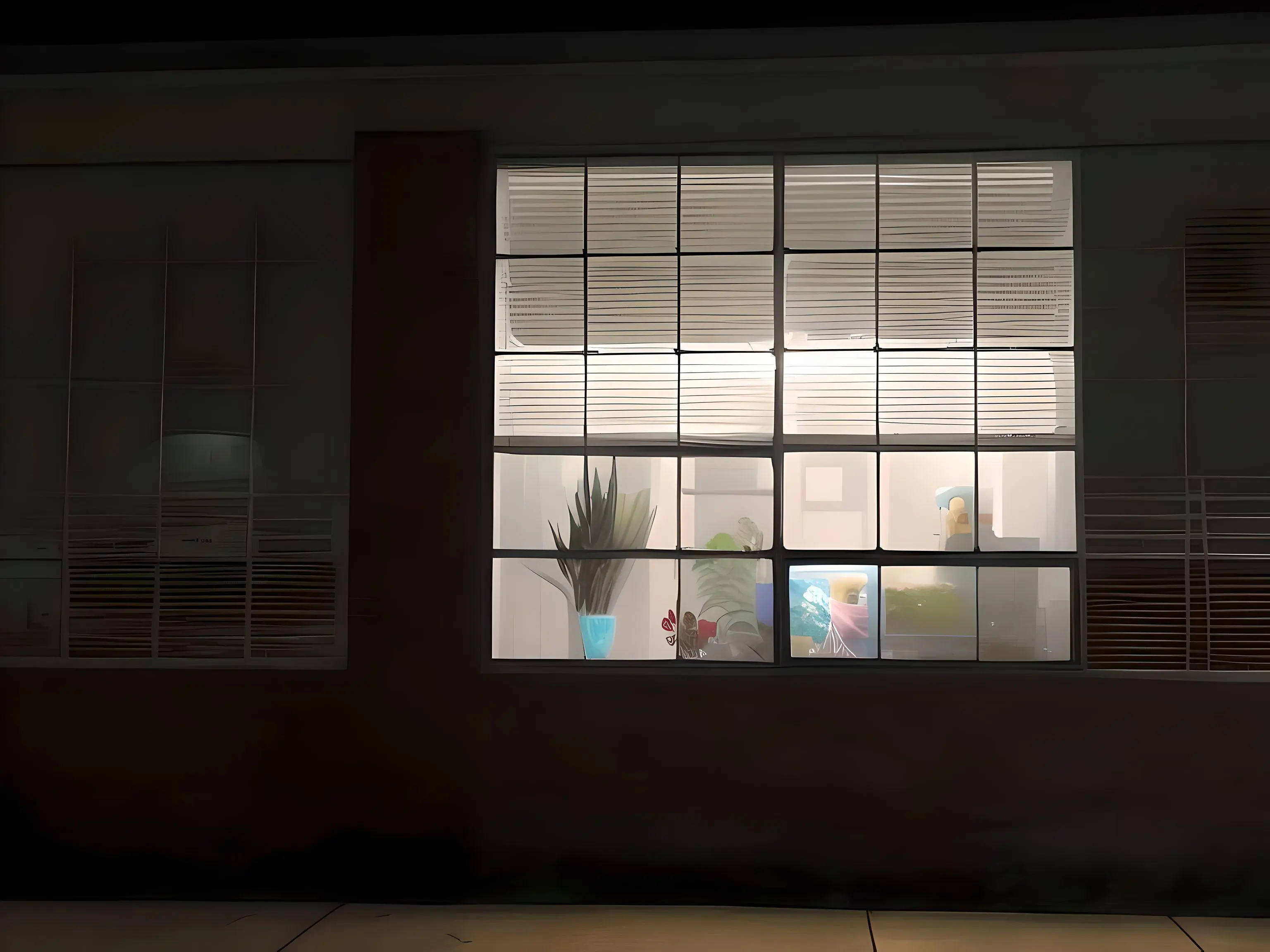I’m interviewing for a Night Crew position at Wendy’s tomorrow. I’m a Process Manager for a corporation in the day time.
Sorry to hear that
I’ve worked in HR across a number of industries and I’m seeing a crossing of projections when it comes to comp, I’ve been looking at it for a number of years.
Anecdote: saw an HR Coordinator job, pretty standard entry level role last week posted for $23/HR. Required 4 year degree, preferences for major, 58 bullet points in job description, etc.
Saw a Dave’s Hot Chicken Shift Supervisor role that’s been posted for over a year now for $23.00/hr. I think it’s a newer chain. Anyway, they’re being aggressive with the rate as many f&b places have been to try to hire and retain coming out of the pandemic. No previous experience, no education required.
Overall I think the scam of the structure of “higher ed” is well exposed at this point, while of course a college degree and different path give you the potential of maybe having a good job mostly after having waded through a decade or two of corporate insanity, politics, and layoffs. Had a sandwich at a Jersey Mike’s a few days ago and the employee was an accounting associates student who had no plans on any education after he finished as he saw it as junk debt.
It was 15 years ago in the great recession that I predicted trade schools would come back with a bang but we aren’t there still for some reason.
Sadly it is pretty much everywhere in the world where living costs are skyrocketing, along with rents. Almost 50% of my salary now goes to rent and utility bills, and recently the food also got pretty expensive, it feels almost like 50-60% up, so I am spending a very big chunk of my salary to have a roof over my head and also to survive.
my rent went from just under 30% of my gross, to two-thirds of it–and that’s with a modest raise mixed in there. it was stable for twenty years (3 building owners during that time) before this new landlord. utility bill is about the same–with reduced consumption on my part helping that, but i can’t really go ‘down’ any more. cable (internet) is up. phone is up. groceries are at least double–and for less of it, as i hit the food pantry more frequently. it cost more than double for each trip to the laundry. the once or twice (at most) a week i get a little fast food or kwik trip is about the same–but that’s only because i just get less (i stick to my modest budget for that regardless of how much it buys).
I feel you, it really sucks how much more squeezed we are after Corona. This pandemic screwed us over big time.
Everything went up for everyone. Insurance, property taxes, contractor labor, materials, utilities, etc.
my landlord’s labor? hasn’t done shit in three years except slap on some paneling, lay down cheap carpet, and triple the rent on a couple ‘newly remodeled’ units. property taxes are down due to lower valuation on the property. utility bills (common areas, which are unheated) are stable, probably lower because of a perpetual vacancy and a couple tenants now being part-timers (less hot water use, lower gas bill for the building’s hot water heater).
"After a historic run-up in inflation, Americans are now starting to see something they haven’t in three years: deflation,” the Wall Street Journal reports.
“To be sure, deflation—that is, falling prices—is largely confined to appliances, furniture, used cars and other goods. Economywide deflation, when prices of most goods and services continuously fall, isn’t in the cards.”
“But economists say goods prices likely have further to fall, which will ease inflation’s return to the Federal Reserve’s 2% target, perhaps as early as the second half of next year"
What a puff piece. Cherry pick the highest inflation numbers, discount the equally-relevant wage side of the equation, end with a single person’s story instead of numbers.
Wages have been growing faster than inflation for a year and a half. They’re not caught up to all the inflation we have seen since the pandemic (yet) but they’re on the way. Completely ignoring that is bad reporting.
Can you show your sources about wages growing faster than inflation over the last year and a half?
Yup, and most of the prices have largely come back down, at least in my area, and lower wages have jumped (nearly double since 2019). Rent has doubled and used cars are still very lopsided, but on the whole, the average person in my area should be in a similar position vs 2019.
This obviously varies a lot by area. Electricity, for example, has stayed pretty flat, whereas in the article it says it has increased by ~50% in California. So articles like these don’t make a ton of sense to me, they don’t state where those numbers come from, and they definitely don’t look per state to see if it’s really representative of the average person.
So yeah, this article is worthless.
Your grocery prices have gone back down?? I’m not seeing that in my area. Groceries, eating out, and services are all still way up! Plus you say rent doubled like that’s no big deal. We’ve cut all luxeries ( I am counting preferred groceries and cleaning products as luxeries, anything above that is long since cut). It feels financially irresponsible to buy a friend a birthday gift. We are nowhere close to where we were in 2019.
Yeah, pretty much, at least for the things I buy. Eating out hasn’t gone down (but delivery pizza has stayed pretty flat, go figure), but groceries are something like 15% higher than pre-COVID prices, which is pretty typical for inflation over 4 years (down from like 30% or something). Price increases for eating out seems to have hit fast food the hardest, though we don’t eat fast food all that often anyway. I can still get a decent meal for ~$10 in my area at counter-service casual dining places, and prices for that are basically the same since pre-COVID, without noticeable changes in portions. Table service places are a bit more expensive, and I chalk that up to increased labor prices, which have nearly doubled since the start of COVID (starting wages were ~$7.50, now it’s $12-15).
you say rent doubled like that’s no big deal
Well, it doesn’t impact me, so it’s not something I personally had to deal with. I bought a place a few years before COVID, so my housing prices have been stable.
But it does impact my coworkers, and since I’m in a management position that’s involved in hiring, it’s something I do care about, especially since we’ve been needing to pay relocation costs due to limited labor supply in my area for our industry. However, since lower-income people have nearly doubled their hourly income, I can only assume they’re keeping up with rent prices. Our yearly COL adjustments (“raises”) have also doubled (from like 2-3% to 5-6%), but I think we’re net losing out because inflation has been a bit higher than that, but we’re above median pay so we can absorb a reduction in effective pay better than below-median workers.
I obviously can’t speak to your personal situation or really any other region than my own. That said, my state’s average income increased at a very similar rate as the rest of the country (second image). The last couple years were quite rough with layoffs and whatnot, but still, on average, people are better off today vs Q4 2019 (at least in paper). Whether that translates to individual situations is a separate matter.
The main issue seems to be rent prices, and that’s almost entirely due to supply chain disruptions resulting in new construction focusing on luxury housing vs affordable housing. That seems to have ended now that commodity prices have dropped and the labor pool has largely stabilized. So while I don’t expect to see rent prices drop significantly, I do expect to see them stabilize as availability improves.




